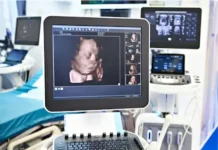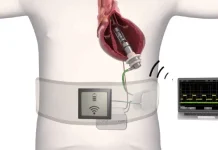US-based Synchron has secured $200m in a Series D funding round to drive the commercial rollout of its Stentrode brain-computer interface (BCI) platform and aid in the creation of next-generation interfaces.
Double Point Ventures spearheaded the investment round, with support from ARCH Ventures, Bezos Expeditions, Khosla Ventures, METIS, and NTI.
New stakeholders joining this round comprise the Australian National Reconstruction Fund (NRF), Qatar Investment Authority (QIA), T.Rx Capital, K5 Global, IQT, and Protocol Labs.
News: Sovato raises Series B funds to advance remote robotic surgery platform
Synchron also intends to use the latest funding to expedite key clinical studies and expand its team across various disciplines.
Synchron founder and CEO Tom Oxley said: “We’ve built the first non-surgical brain-computer interface designed for everyday life for people with paralysis.
“This funding brings us closer to commercialising the Stentrode BCI platform, while accelerating development of a major breakthrough in the field – a next-generation, transcatheter high-channel whole-brain interface.”
The endovascular BCI platform is tailored to convert neural activity of the brain into digital commands, eliminating the need for open-brain surgery.
It is inserted via a minimally invasive catheter procedure and interfaces with the motor cortex through blood vessels.
Without a wire involvement, the device captures neural activity and transmits the information, allowing users to interact with digital devices without physical movement.
So far, ten individuals with paralysis have received the device as part of clinical studies in Australia and the US.
Synchron incorporated Apple’s BCI-human interface device and co-developed a Bluetooth-based iOS protocol that enables direct connection of brain activity to Apple devices through Switch Control, which includes iPhone, iPad, and Vision Pro, eliminating the need for voice, touch or eye-tracking.
The company’s Cognitive AI unit in New York, US, is working on systems that interpret neurological data for real-time thought decoding.
Meanwhile, a new engineering centre in San Diego has been opened to further build advanced BIs.






